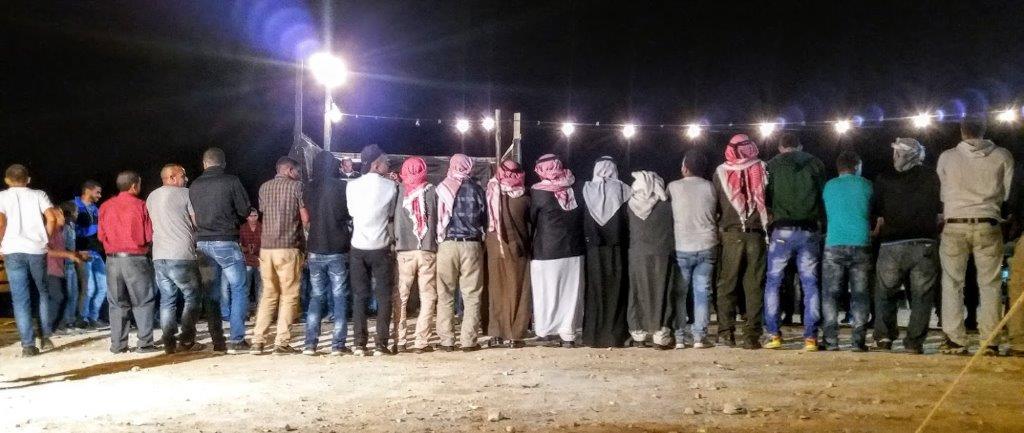
Although Bashar offered invaluable input as part of this study, the focus will be on my experience in the friendship and on the challenges and opportunities for me (and not on those for him). In most descriptions the emphasis will be on the contrast between Bedouin and Dutch cultures, since the cultural variations between these cultures are most distinct. Israeli culture, which provides another part of the context of the friendship and affects both of us, is hard to define because of its heterogeneity. For both reasons, the impact of Israeli culture on the friendship is much more subtle. In most topics its description will be limited, unless highly relevant for the specific topic. Note that the discussion of each topic is not intended to be exhaustive, but rather attempts to display the cultural differences that need to be dealt with within an intercultural friendship.
It needs to be clear that the cultural dimensions described in this study relate to the environments that affected us, and not necessarily to our own personal values. Hofstede’s four dimensions (Hofstede, 2001) are used here as a perspective. No attempt was made to measure our personal value systems. In any case, it was suggested that the “signs of cultural difference cannot then be unitary or individual forms of identity because their continual implication in other symbolic systems always leaves them ‘incomplete’ or open to cultural translation” (Bhabha, 1994, p. 313).
Notes of Caution
Three broad issues need to be emphasized while interpreting the findings in this study; these are cultural relativism, issues of reliability and validity, and selectivity of information.
Cultural relativism
This study required making certain cultural comparisons. Comparisons will be based on generalizations deriving from the dominant cultures in which we grew up. Throughout this study, I have drawn on the term “Western” cultures, but this is actually an over-simplification of the situation, because it does injustice to the large variety of cultures – both between and within nations – in Western Europe and the United States. Unless stated differently, I will use the term “Western” as referring to Caucasians with middle class status, Euro-American upbringing and Judeo-Christian roots.
As regarding cultural identity, it seems that in practice it is difficult to provide exact definitions of one’s identity even though instruments for measuring cultural identity exist. This is because people may attribute to themselves characteristics of several cultural groups (Benish-Weisman & Horenczyk, 2010). It is impossible to point at the precise differences between Bedouin, Palestinian and Muslim – and Israeli – cultures that are part of Bashar’s identity. Likewise, it is difficult to make a clear separation between Israeli and Jewish cultures, which are both part of my cultural identity.







